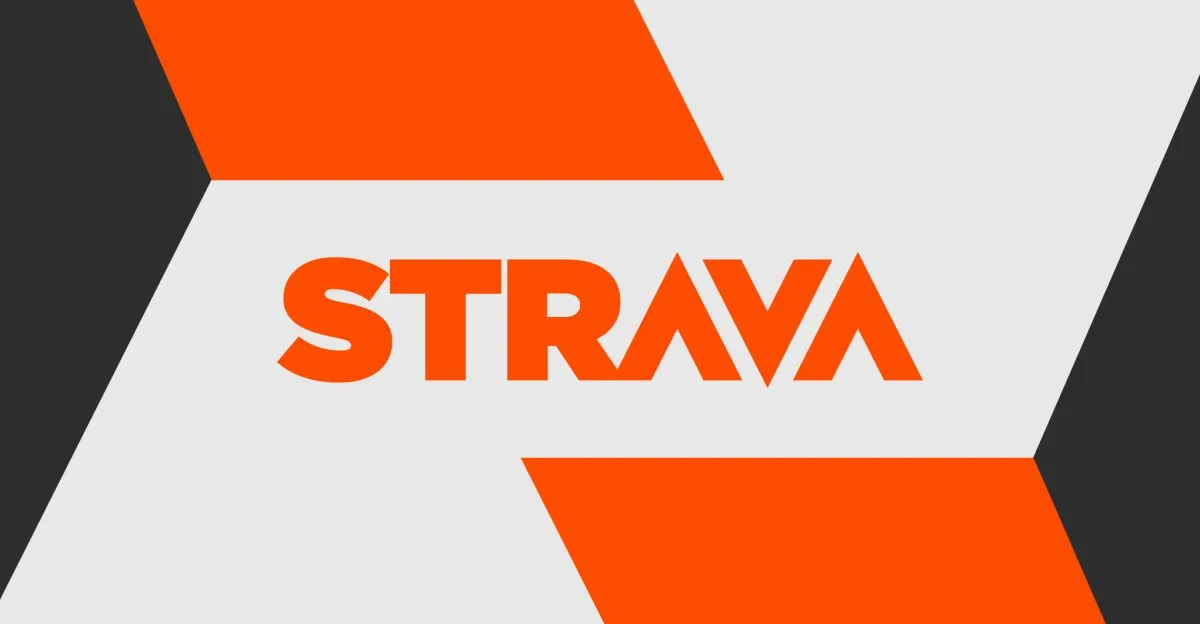
Strava, the popular fitness tracking application, has initiated legal proceedings aimed at Garmin, a well-known manufacturer of GPS devices and fitness technology. Strava's request is particularly significant as it seeks a judicial block that would prevent Garmin from selling its devices as well as offering access to its Garmin Connect platform.
This legal action stems from ongoing disputes surrounding intellectual property and competition in the fitness tracking market. Strava has positioned itself as a leader in fitness app innovation, while Garmin has built a robust ecosystem of devices and services. The conflict highlights the competitive nature of the fitness technology sector, where companies are fiercely protecting their innovations.
If the court grants Strava's request, it could have profound implications for Garmin's business operations. The prohibition on selling devices would directly impact Garmin's revenue streams, while restrictions on Garmin Connect could hinder users' ability to track their fitness data, potentially driving them towards alternative platforms.
The fitness technology industry is closely monitoring this situation, as the outcome could set a precedent for future disputes among tech companies. Experts suggest that a resolution will be critical in determining how fitness apps and hardware manufacturers can coexist in a competitive marketplace. As the case unfolds, both Strava and Garmin will likely need to navigate a complex landscape of legal and business challenges.
As Strava moves forward with its legal request against Garmin, the fitness community remains attentive. The potential blocking of Garmin's sales and access to Garmin Connect not only affects the companies involved but also impacts millions of users who rely on these platforms for their fitness tracking needs. The outcome of this case could reshape the landscape of fitness technology and set new standards for competition and innovation.